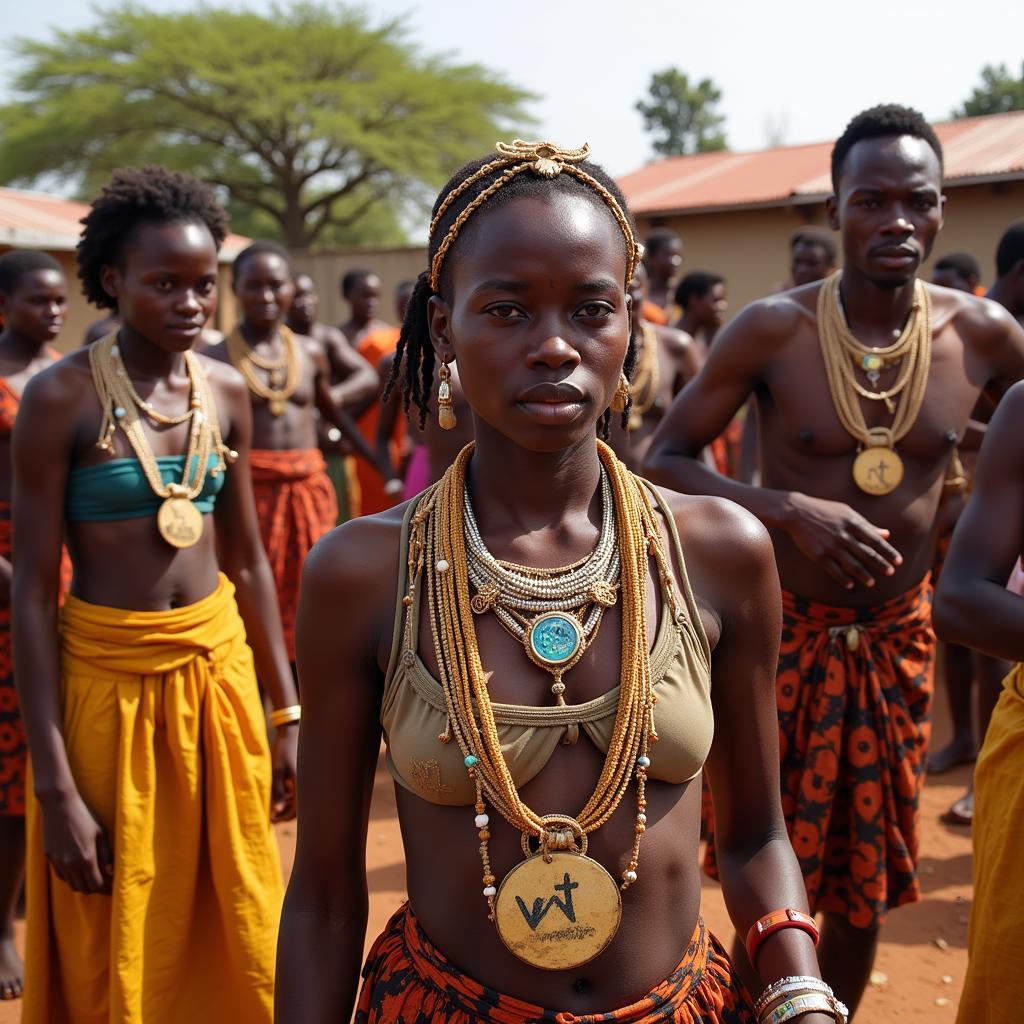Unlocking Urban Africa: The African Cities Research Programme
The African Cities Research Programme (ACRP) is transforming our understanding of urban development across the continent. This initiative is crucial for fostering sustainable growth and addressing the unique challenges faced by African cities. From innovative housing solutions to tackling infrastructure deficits, the ACRP is at the forefront of urban research.
Understanding the African Cities Research Programme
The ACRP is a multi-faceted initiative focusing on the complex dynamics of urbanization in Africa. It aims to provide evidence-based solutions to the myriad challenges and opportunities presented by rapid urban growth. The programme tackles issues ranging from infrastructure development and service delivery to governance and social inclusion. By fostering collaboration between researchers, policymakers, and local communities, the ACRP seeks to create more resilient and prosperous African cities.
Why is the ACRP Important?
Africa is experiencing the fastest rate of urbanization globally. This rapid growth presents both immense opportunities and significant challenges. The ACRP plays a vital role in:
- Informing Policy: Providing data-driven insights for effective urban planning and policy development.
- Capacity Building: Strengthening local institutions and training future generations of urban planners.
- Promoting Sustainable Development: Developing solutions that address the social, economic, and environmental dimensions of urban growth.
- Fostering Innovation: Encouraging creative approaches to urban challenges, such as affordable housing and transportation.
Dr. Aminata Sow, a leading urban geographer at the University of Dakar, emphasizes the ACRP’s importance: “The programme is not just about studying cities; it’s about building a better future for the millions of Africans who call them home.”
Key Research Areas of the ACRP
The ACRP covers a broad range of research areas crucial for understanding and shaping African urban development. Some key areas include:
- Urban Governance: Exploring innovative governance models and promoting participatory urban planning.
- Infrastructure Development: Addressing infrastructure deficits and promoting sustainable infrastructure solutions.
- Housing and Land Management: Tackling the housing crisis and promoting equitable access to land.
- Urban Economies: Promoting economic diversification and creating job opportunities in urban areas.
How does the ACRP Conduct Research?
The ACRP utilizes a variety of research methods, including:
- Quantitative Data Analysis: Analyzing large datasets to understand urban trends and patterns.
- Qualitative Research: Conducting interviews and focus groups to gather insights from local communities.
- Case Studies: Examining specific cities or urban projects to identify best practices and lessons learned.
- Participatory Action Research: Engaging local communities in the research process to ensure that their needs and perspectives are incorporated.
Professor Kofi Asante, an urban economist at the University of Nairobi, explains: “The ACRP’s research approach is deeply rooted in collaboration and local engagement. We believe that the best solutions come from working closely with the people who live and work in African cities.”
The Future of African Cities
The African Cities Research Programme is playing a critical role in shaping the future of urban Africa. By providing valuable insights and promoting innovative solutions, the ACRP is helping to build more sustainable, resilient, and prosperous cities across the continent. For example, the programme’s research on african ocean and their impact on coastal cities has led to the development of innovative coastal management strategies. Additionally, research on the challenges faced by a large 11.5 milkioninhabitants african city has provided valuable lessons for urban planning and management.
Conclusion
The African Cities Research Programme (ACRP) is a vital initiative that is addressing the complex challenges and opportunities presented by rapid urbanization in Africa. By fostering research, collaboration, and innovation, the ACRP is contributing to a more sustainable and prosperous future for African cities.
FAQ
- What is the main goal of the ACRP? To provide evidence-based solutions for sustainable urban development in Africa.
- Who is involved in the ACRP? Researchers, policymakers, and local communities.
- What are some key research areas of the ACRP? Urban governance, infrastructure development, housing, and urban economies.
- How does the ACRP conduct research? Through quantitative and qualitative methods, case studies, and participatory action research.
- Why is the ACRP important? Because it addresses the unique challenges and opportunities of rapid urbanization in Africa.
- What is the future of the ACRP? To continue to generate valuable research and contribute to building more sustainable African cities.
- How can I get involved with the ACRP? Contact us for information on collaboration and partnership opportunities.
Need more help? Contact us: Phone: +255768904061, Email: [email protected] or visit us at Mbarali DC Mawindi, Kangaga, Tanzania. We have a 24/7 customer service team ready to assist you.


